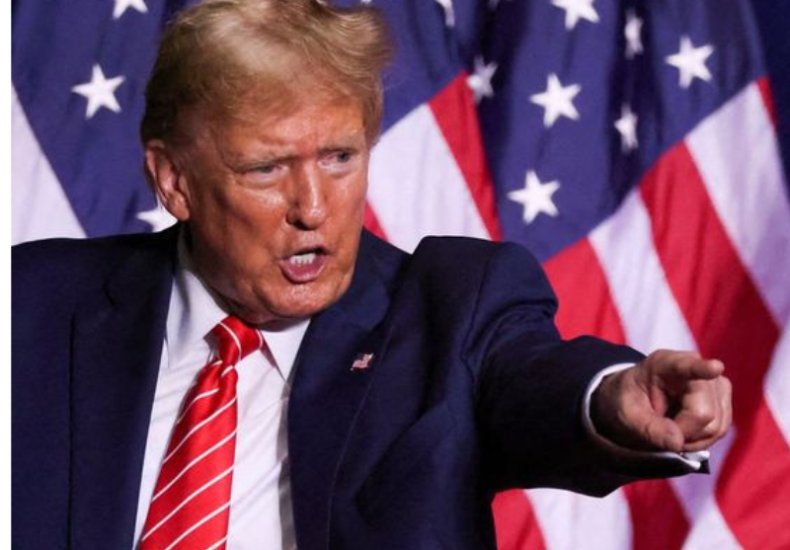
Trump Doubles Down on Replacing Income Taxes with Tariffs in Joe Rogan Interview
In a recent appearance on The Joe Rogan Experience, former President Donald Trump reiterated his proposal to replace the United States’ current income tax system with a comprehensive tariff-based model. His proposal has generated significant discussion, as it challenges the conventional tax structure and seeks to shift the nation’s primary revenue source toward import tariffs.
Understanding Trump’s Proposal
Trump’s suggestion involves replacing or drastically reducing income tax and generating federal revenue through tariffs on foreign goods. He argues that by taxing imports rather than individual incomes, the U.S. could relieve the tax burden on citizens while promoting domestic industry and reducing reliance on foreign imports. This idea aligns with his longstanding “America First” trade philosophy, which seeks to strengthen American manufacturing and discourage the outsourcing of jobs.
Key Points of Trump’s Proposal:
- Revenue Shift from Income Tax to Tariffs: Trump suggests that tariffs could generate enough revenue to offset reductions in income tax, potentially even eliminating it altogether for certain income brackets.
- Encouragement of Domestic Production: By taxing imports, Trump believes U.S. companies would be more incentivized to produce goods domestically, thus promoting American jobs and reducing trade imbalances.
- Reduced IRS Complexity: With income tax minimized or eliminated, Trump argues the IRS could reduce its scope and scale, creating a simplified tax system that Americans could more easily navigate.
Economic and Political Implications
- Impact on the Average American: While many Americans would welcome a reduction in income taxes, economists have raised concerns about the increased cost of imported goods that a tariff-based system would impose. Tariffs tend to increase prices for consumers, meaning that everyday goods—many of which are imported—could become more expensive, potentially affecting low- and middle-income families the most.
- International Trade Relations: A tariff-based system would likely strain trade relations with major international partners. High tariffs could lead to retaliatory tariffs on U.S. exports, harming industries reliant on international trade, including agriculture, technology, and automotive sectors.
- Domestic Industry Growth: A tariff model may foster increased domestic production in industries that can viably transition to American soil. Supporters argue that this would create new jobs and strengthen U.S. manufacturing, while critics argue that such changes would take years and require significant upfront investment.
- Revenue Stability: Currently, income tax provides a steady revenue source for the federal government, while tariffs can be more volatile, fluctuating with trade volumes and economic conditions. Moving to a tariff-based system would create new uncertainties in budgeting and revenue forecasting, impacting essential public services funded by federal income.
Responses and Criticism
Economists and tax experts have expressed concerns about the feasibility of Trump’s proposal, noting that a full replacement of income tax with tariffs could have unintended consequences. Critics argue that this approach could disproportionately affect consumers, especially as the U.S. relies heavily on imports for a wide range of products.
From a political standpoint, Trump’s suggestion is resonant with his base, which favors policies that focus on “America First” and reducing tax burdens. His proposal for tariffs is also consistent with his previous efforts to renegotiate trade agreements to benefit American industries.